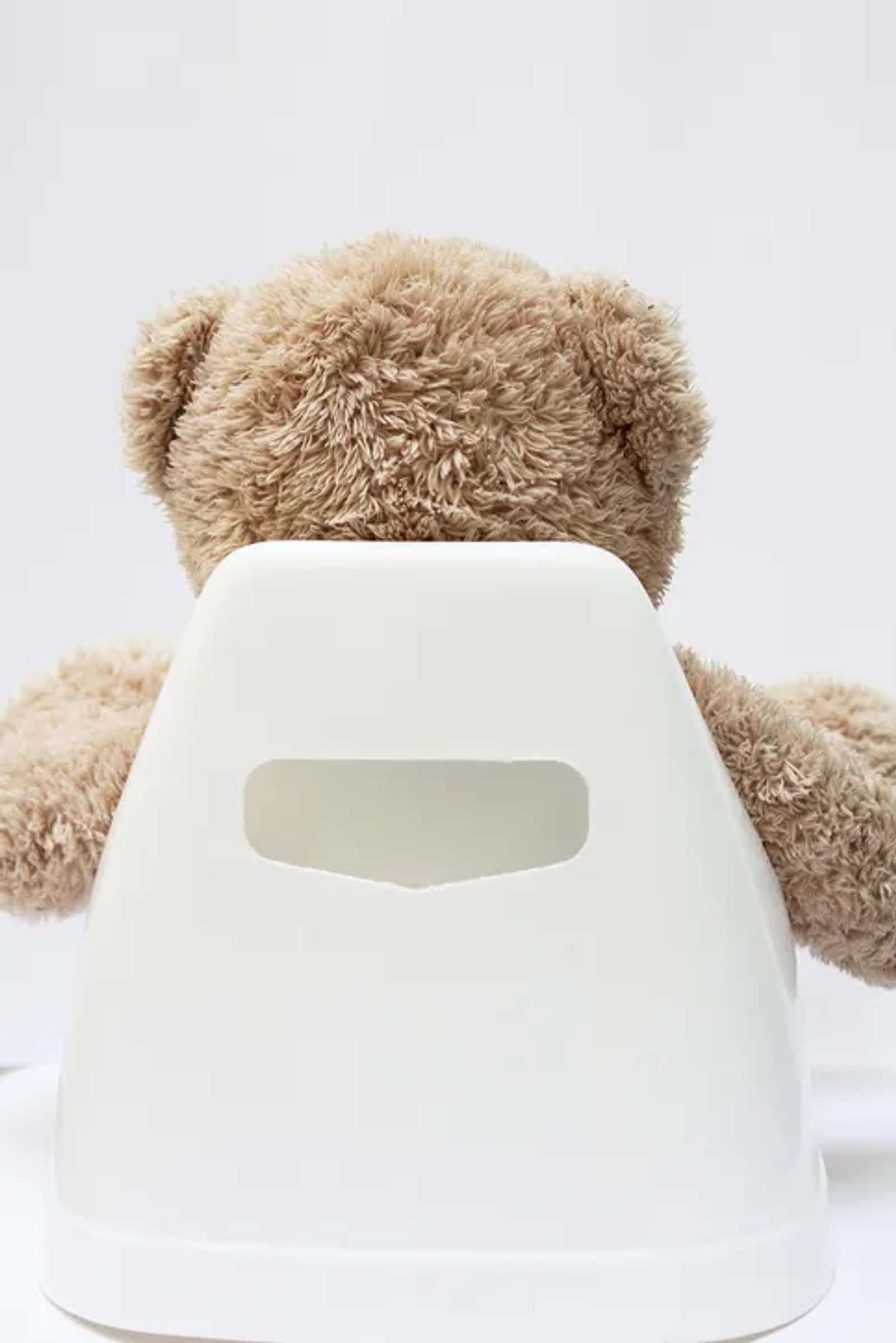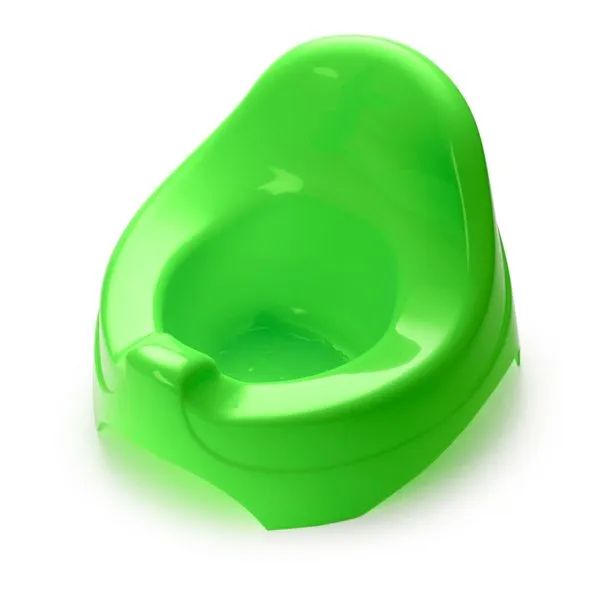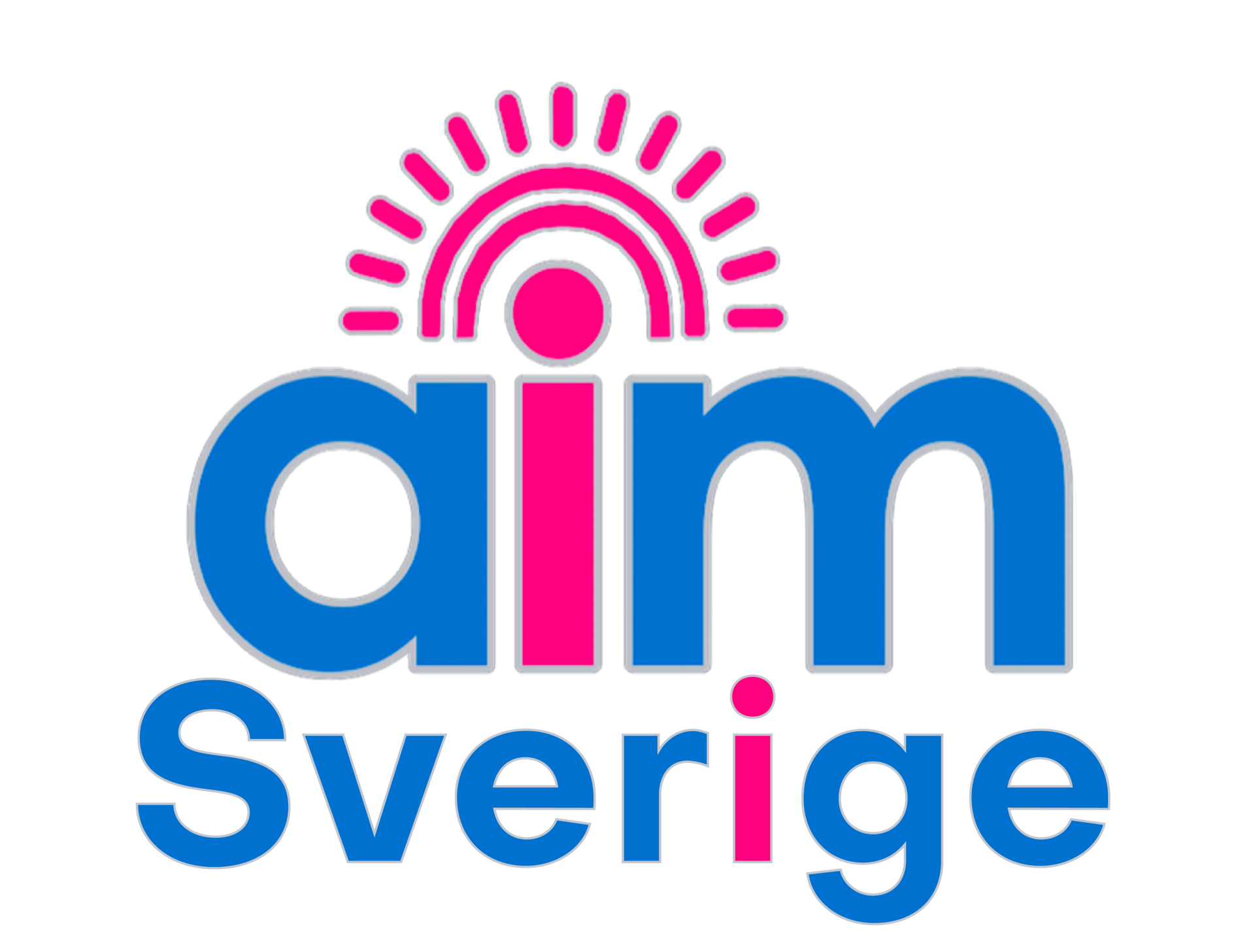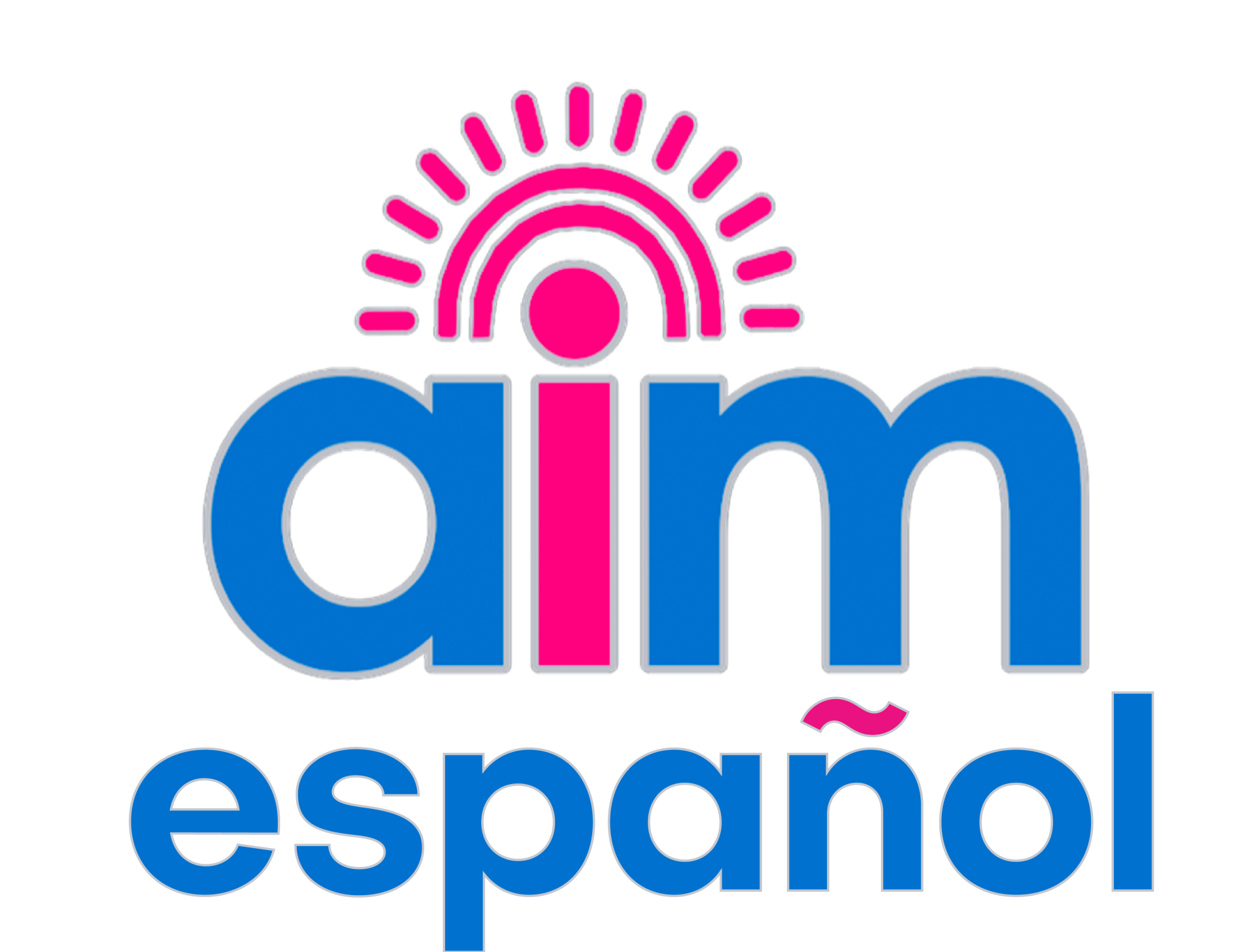5 Real-Parent Potty Training Tips
Children usually enter a sensitive period for potty training between 18 to 24 months.

I just got back from a fun filled week with my sister, her new baby, and her two-year-old daughter. To add to the fun, many of her friends (also parents of toddlers) came to visit. Among much cooing and conversation, one particular topic cropped up more often than any other. You guessed it: potty training. Potty training is a topic that garners a wide range of advice. Every one of these smart, well-educated moms and dads had done their research. They’d consulted experts, doctors, books, friends, parents, in-laws, and Google, and they had experienced varying degrees of success and setbacks. All said and done, there were five potty training tips that were universally agreed upon. So without further ado, here they are: five tried-and true potty training tips that really work according to real parents!
Start Early
For the record, I’m not saying parents should push children into potty training before they’re ready--please don’t! But DO introduce the concept early on. Many parents (myself included) lament that they waited too long. In my case, my youngest child was just 15 months old when he started to show interest. He can barely walk or talk, I thought. He’s way too young. Needless to say, I failed to follow his lead and as a result, ended up fighting a major uphill battle later on. Don’t make the same mistake. According to Montessorians, children usually enter a sensitive period for potty training between 18 to 24 months. So introduce a child-size potty chair just before this window, and then watch for your child to show signs of interest. Guide and encourage children when they show interest, but don’t force the issue.
Get to the Bathroom
Even before potty training is in the works, take your child to the bathroom for diaper changes. This teaches the child to associate the bathroom with…well…going to the bathroom. Whenever possible, actively involve the child in the diaper-changing routine. For example, they can help remove the dirty diaper (use your judgment here,) fasten or pull up the clean one, and wash their hands. This encourages independence and is one of the first steps toward toilet training success.
Prepare the Environment
"The first aim of the prepared environment is, as far as it is possible, to render the growing child independent of the adult." ~Maria Montessori
 A child-sized potty chair is imperative.
A child-sized potty chair is imperative.

As with any other learning environment, the bathroom should be “prepared” for the child. A child-sized potty chair is imperative. Imagine what it would be like to use a toilet that’s bigger than you, trying to balance between falling forward (with your bloomers around your ankles) or dropping backward into the bowl--yuck and scary! And definitely not the best situation for learning.
A few other things to have on hand: a sturdy stool to reach the sink, soap and hand towels within reach, and maybe even some books or toys near the potty (just in case a little entertainment is called for.)
Be Consistent
Once the child has begun to show interest, make regular bathroom visits part of the routine. During these bathroom visits, encourage the child to dress/undress independently. Only assist as needed. Remember Montessori’s wise words: “Never help a child with a task at which he feels he can succeed.”
Sometimes children will make progress and then regress. Stay positive and consistent. Acknowledge attempts and then move on, saying, “We will try again after lunch” (or in an hour, or five minutes, whenever.) Then, make sure you follow through, every time, consistently!
Rewards Work
Many people are against giving rewards for potty training, and I respect their reasons. That said, our group of parents collectively and ardently agreed that rewards work. Most of them used small sweets such as one jellybean or M&M. If you decide to try treats or other incentives, choose something small, portable, affordable, and completely irresistible to your child.
In summary, the potty training process is all about providing the right tools at the right time, calm consistent guidance, and a lot of patience. Have confidence in your child and yourself. Your child will pick up on your positive feelings and have confidence in him/herself.






















